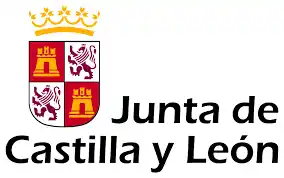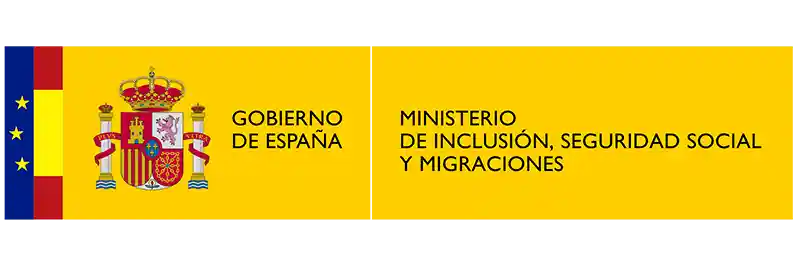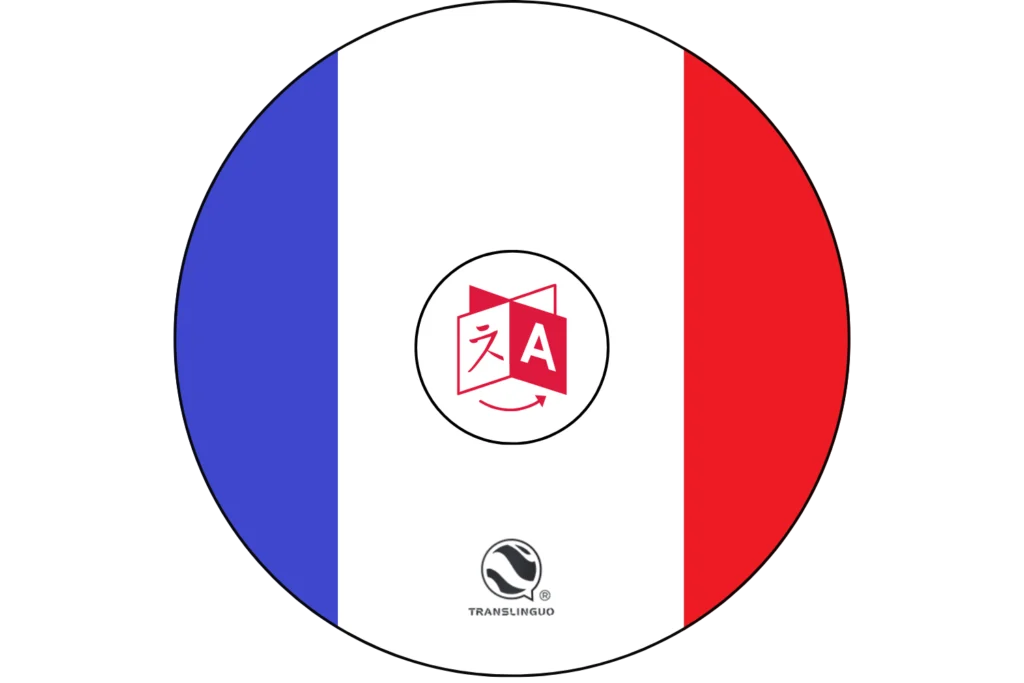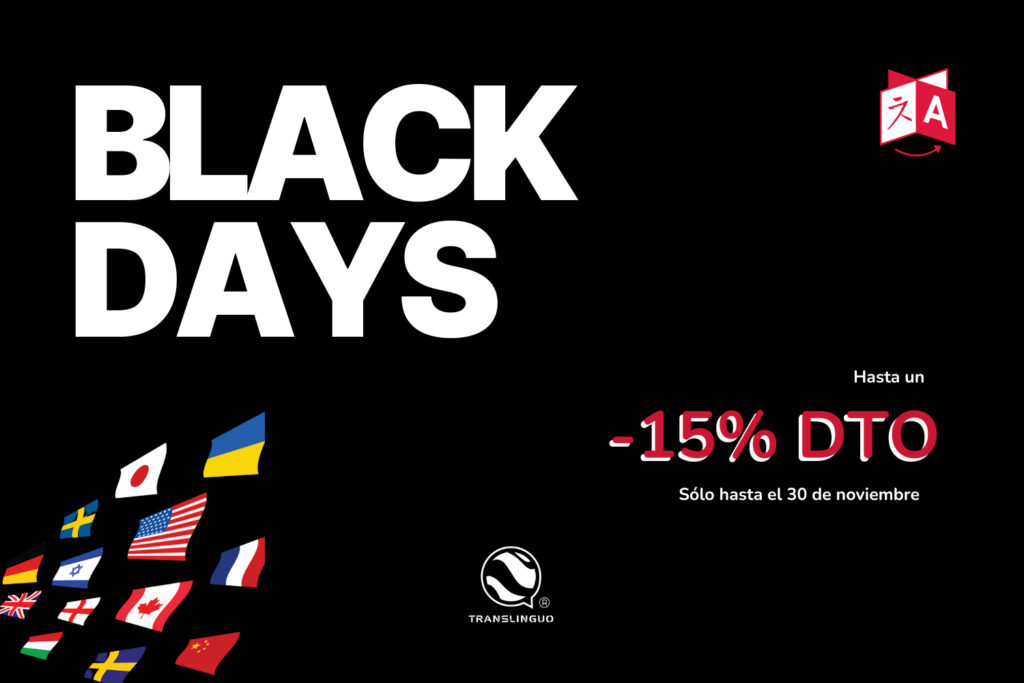French Professional Translation
At Translinguo Global, we are leaders in providing high quality French translation services, backed by our ISO certifications. As an official translation agency, we are dedicated to providing precise language solutions tailored to our clients’ needs, ensuring smooth and accurate communication in French and other languages.
We provide professional French translations for all types of documents. We have the best French translators, qualified and native speakers. Translation from and into French at the best rates per word.
French Professional Translations
Quality Assurance
ISO Certifications
More than 10+ years of experience in the industry
French Native Translators
French Translation Service
At Translinguo Global, we offer both French to Spanish translation and Spanish to French translation services, as well as French to English translation and English to French translation, covering all language combinations you may need. Our French translators are experts at capturing the cultural and linguistic particularities of the language, guaranteeing natural and accurate translations.
Each of our projects is carried out by a professional French translator specialising in the relevant field, ensuring an accurate and contextualised translation.
Types of French Translation
Our team of native French translators is highly qualified and has a deep understanding of French, Spanish and English. We offer French-Spanish translation and Spanish-French translation for a variety of sectors, ensuring that each word accurately reflects the original meaning. In addition, we provide English French translation and French English translation, facilitating communication in international contexts.
Translation of texts from French
We translate your texts from French into any language, maintaining the tone, style and context of the original document. Our aim is for the translation to faithfully reflect the message of the source text.
Official Documents Translation
We offer official translation services for French documents, carried out by official translators. These documents are valid for legal and administrative submissions.
French Sworn Translation
We have certified and professional French sworn translators for your French documents. Sworn French translations and sworn French translations.
Translation of texts into French
If you need texts translated into French, our team is ready to deliver high quality results, respecting the linguistic and cultural particularities of the language.
French Technical Translation
Ideal for manuals, technical specifications and specialised documents. Thanks to our native French translators, we ensure the highest level of accuracy.
French Commercial Translation
Perfect for catalogues, brochures and marketing material. Internationalise your company in the French market with a top quality French translation.
French Literature Translation
Our French literary translation is ideal for books, articles and other literary content. Thanks to our native French translators we ensure maximum detail.
French Website Translation
Translating your website into French has never been easier. We ensure the highest quality of your web content with our French localisation and translation services.
Our customers
More than 1000 clients are multilingual thanks to our translation company.






French Translation Agency
At Translinguo Global, we are ISO certified, which guarantees that our translation services meet the highest international quality standards. Not only do we offer French translation services, but we also work with a wide range of other languages, allowing you to communicate effectively anywhere in the world.
Our French translation agency is supported by a team of native French translators. Unlike other translation service providers, we believe that this is essential to provide top quality work.
French Urgent Translations
Get all your content translated in much less time than you think and eliminate language limits.
French native translators
All of our French professional translators are native speakers and experts in different subject areas, ensuring accurate and culturally appropriate translations.
Best rates per French word
Our French translation rates are transparent and tailored to the needs of each client.
Quality Assurance
With our ISO Certificates, we guarantee a superior quality French translation for every project.
What our customers say
EXCELENTETrustindex verifica que la fuente original de la reseña sea Google. Genial . Rápido y muy profesionalPublicado enTrustindex verifica que la fuente original de la reseña sea Google. He quedado muy contenta con el servicio. Todo fue rápido, claro y sin complicaciones. Me atendieron Riccardo y Alba y la verdad es que fueron súper amables y profesionales en todo momento. Me hicieron el proceso muy fácil. Sin duda, volvería a contar con ellos. ¡Muy recomendable!Publicado enTrustindex verifica que la fuente original de la reseña sea Google. Cannelle es super simpática y te atiende genial, he recibido la traducción en poco tiempo!! Recomendable!Publicado enTrustindex verifica que la fuente original de la reseña sea Google. Job well done and I recommend their service.Publicado enTrustindex verifica que la fuente original de la reseña sea Google. Fui atendida por Riccardo y Alba, excelente servicio, atención inmediata y el cobro muy adecuado. Me encantó.Publicado enTrustindex verifica que la fuente original de la reseña sea Google. 100% recomendable. Solicité una traducción jurada (del alemán al español) y la recibí en formato PDF a los 3 días, solicité también el formato impreso que me llegó unos pocos días más tarde. Empresa seria con fácil y rápida comunicación vía mail.Publicado enTrustindex verifica que la fuente original de la reseña sea Google. Muy satisfechoPublicado enTrustindex verifica que la fuente original de la reseña sea Google. It was such a nice experience to work with Translinguo. The files came earlier than expected without any issue. Would highly recommend!Publicado enTrustindex verifica que la fuente original de la reseña sea Google. Amazing service! Very professional and efficient team!
French translators
Our French translation service starts with an initial assessment of your needs and requirements. We then assign your project to the most appropriate French translator or team of professional French translators for your document type and target language.
Throughout the process, we maintain open and direct communication to ensure that any adjustments or feedback are handled efficiently.
French Translation Rates
We understand the importance of price transparency, which is why we offer a competitive French translation rate and French translation rate that is tailored to your needs. In addition, our French per-word pricing is clear and fair, ensuring that you only pay for the work done.

French translations (FAQs)
How long does a French translation take to complete professionally?
The price of French translations depends on several factors, such as the length and complexity of the text. We offer a competitive rate per French word, always ensuring the highest quality for each project.
Do you offer French sworn translations?
Yes, we provide French sworn translations for documents requiring official certification.
What kind of documents can you translate into French?
We can translate all types of documents, including legal, technical, commercial and literary texts. Our professional French translators are able to handle any type of content. Our French translators are native speakers and specialise in the translation of technical French.
Which certifications guarantee the quality of your translations?
We have ISO Certificates that ensure the quality and accuracy of our French translations. In addition, each translation is carried out by a French translator and undergoes a rigorous proofreading process before delivery.
What makes Translinguo Global a reliable French translation agency?
We are an ISO-certified French translation agency that guarantees the quality of our services. Our French translators are native speakers and professionals with extensive experience in different sectors, which guarantees accurate and culturally appropriate translations.
Do you offer official French translation?
Yes, we offer official French translation for documents requiring certification. Our certified translators guarantee that each translation complies with legal and official requirements.
Do you offer specialised French translation services?
Yes, we offer French legal translation, French technical translation, French business translation, and other types of specialised translation. Each project is assigned to a translator with experience in the specific field.
Do you offer online translation of French - Spanish texts?
Yes, we offer an online French translation service to facilitate the process for our clients. You can send us your documents digitally and receive the translation quickly and efficiently.
How can I get a quote for a French translation?
You can request a French translation quote by contacting us directly. We will assess your needs and provide you with a personalised proposal based on the French translation rate and the volume of the project.

